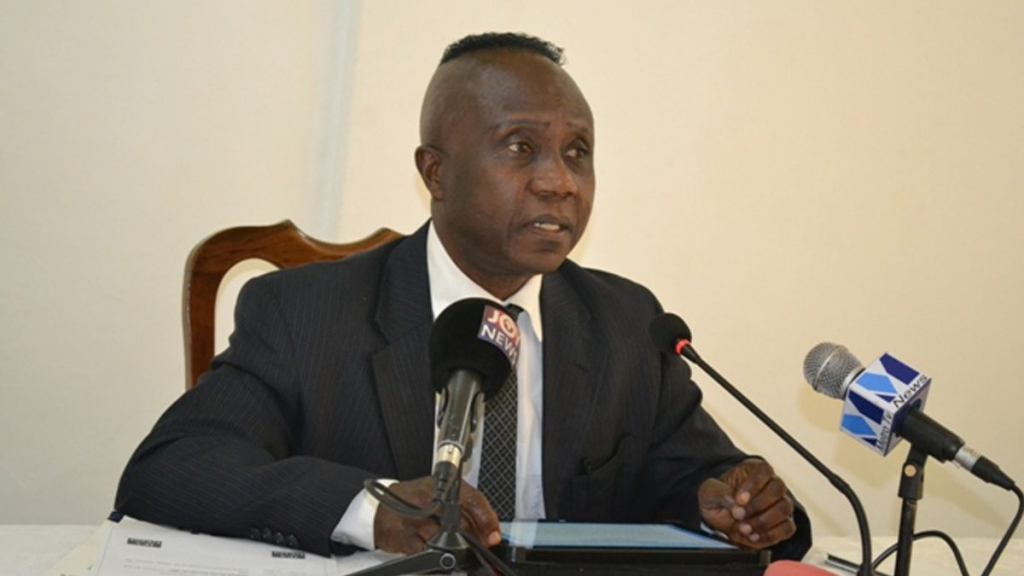
The amount of foreign exchange cover for currency produced by the Bank of Ghana has been proposed to be significantly increased by the Institute of Economic Affairs (IEA). To protect the economy, the IEA has advised that this increase be included in the Constitution as part of constitutional reforms.
According to the Bank of Ghana Act 2002, Act 612, up to 60% of the currency in circulation may be secured by cedi-denominated Treasury securities, with the remaining 40% being covered by foreign currency.
The IEA maintains that this is insufficient and that a currency that is completely covered by the foreign exchange is thought to be more stable and less prone to value volatility.
Speaking during a recent instalment of the IEA Constitutional Review Series, which had as its theme ‘Institutionalising Fiscal Discipline and Macroeconomic Stability For Sustained Growth In Ghana: The Constitutional Pathway’, its Director of Research Dr John Kwakye pointed to the comparative stability witnessed among peers where the currency is 100 per cent covered by foreign exchange. This means the monetary authority that issued the currency has enough foreign currency reserves to back up every unit of the domestic currency in circulation.
He clarified that the IEA is not calling for a sudden or strict rise in currency cover, but rather a staggered increase.
“The central bank provides significant lending to the government and covers the cedi with limited foreign exchange, which is 40 per cent in the Act. No wonder we face perennial instability. There is a provision in the Act that says the currency which the central bank issues must be covered with at least 40 per cent of foreign exchange; well, at any point in time, we should be able to check where we are. We argue that the 40 per cent floor is not enough. In areas with Currency Boards, it is 100 per cent,” he explained.
“We are not saying that we should move from 40 per cent to 90 per cent overnight, but we should be looking to raise the level,” the former Monetary Policy Committee member added.
“





